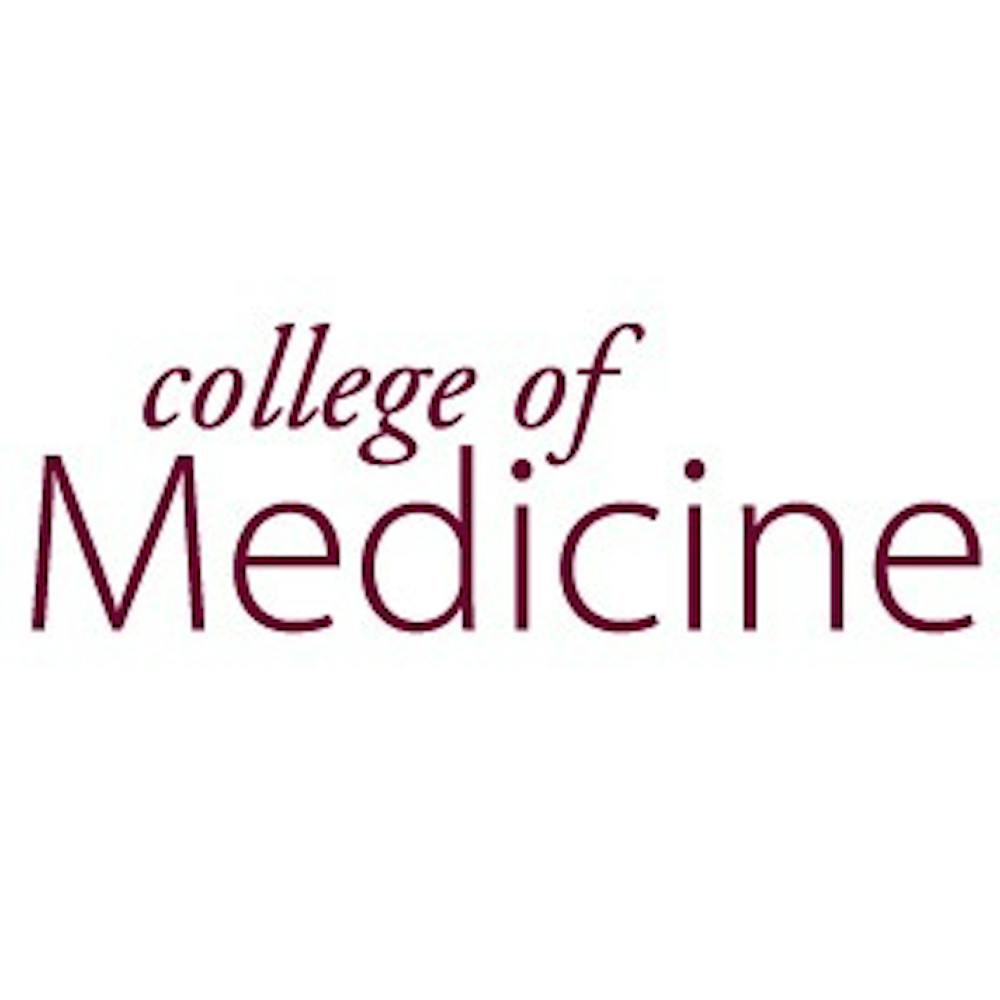Cadaver legislation could allow people to donate their body to CMU
Alumni might soon be able to give more than money back to Central Michigan University as donations.
That is, of course, if Michigan lawmakers pass a new piece of legislation allowing people to donate their bodies to universities as cadavers in Michigan.
The legislation, House Bill 4341, aims to give interested philanthropists to allow their earthly vessels to classrooms for scientific study and cadaver-based learning activities. The bill was introduced by Rep. Matt Lori (R-Dowagiac) in February, and now awaits approval from the Committee on Health Policy, which is involved in its third read-through of the legislation.
Although Central Michigan University supports the cadaver legislation, if it passes, there will most likely be no immediate impact.
With a smaller inaugural class finishing up its first year, there is only a small number of cadavers being used in CMED. Eight cadavers are currently being used by both CMED and the College of Health Professions for different courses, including anatomy.
Due to the smaller class sizes and smaller amounts of resources available to house cadavers, CMU will continue planning to obtain cadavers through other universities.
“As much as we would like to take direct donations, we just don’t have the facilities to do it,” said Shawna Rodabaugh, Human Anatomy Laboratory Coordinator for CMED.
Rodabaugh added that if someone asked or wanted to donate a loved one’s body to CMU, she would thank them but point them to another program like Michigan State University.
In the CMED building, there are two labs available to hold cadavers with one lab housing up to 10 at a time.
Once the cadavers have been obtained, the cadavers are used for two years, or until they have been fully dissected.
CMU receives the cadavers in an embalmed state, so there is no additional equipment needed to preserve them. However, the cadavers are inspected to make sure they are not drying out and kept at a temperature a little bit lower than room temperature. There are submersion tanks available as well as hypodermic injections if the cadavers begin to dry out.
Cadavers are obtained from either MSU, Wayne State University or University of Michigan. The costs associated with obtaining a cadaver is a reimbursement of the costs the previous university incurred during the donation and other operational costs.
These costs are determined by the university which supplied the cadaver and ranges between $1,000 to $1,500 for the use of the cadaver.
Some students at CMU believe being able to donate their bodies to specific institutions could help guide the next generation in learning.
"I absolutely would donate my body to science," said Oxford senior Mark Hurrish. "Obviously, I'm not using it anymore, so if it could benefit someone else, I don't see why not. Especially if the person is able to save some else's life."
Hurrish said he wouldn't particularly care which university or institution his body would go to in the long run. However, if he did get the chance to pick, he said he'd go with CMU over others.
"I would definitely like it to go to Central," he said. "This university has already done so much for me and it would be a small thing that I could give back."
Yet some students wouldn't dream of donating their bodies to science, even in the name of CMU spirit.
"It's out of respect to my body," said Celeste Lang, a Lake City junior. "I would definitely donate my organs to people who need them to continue living, though."
University Editor Katherine Ranzenberger contributed to this report.




